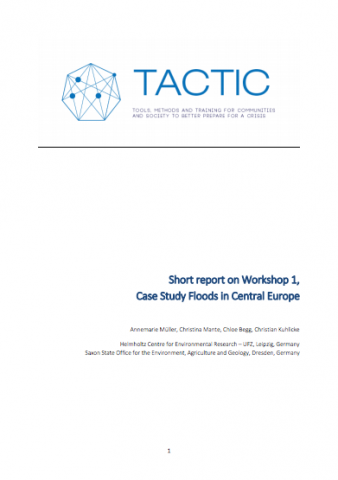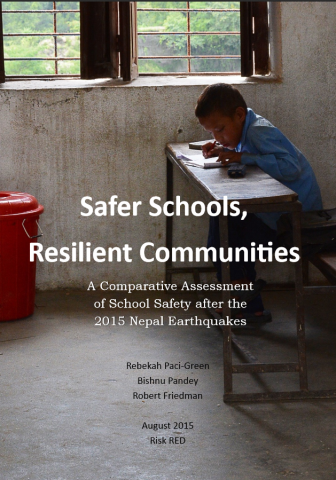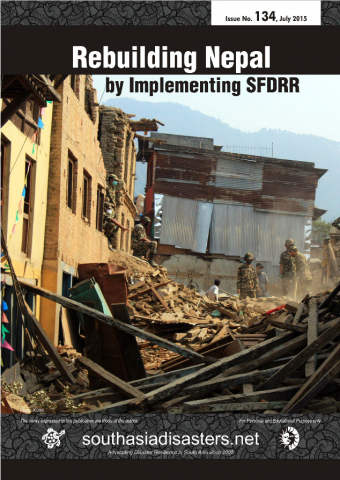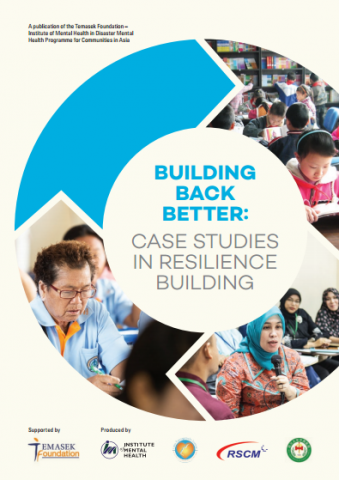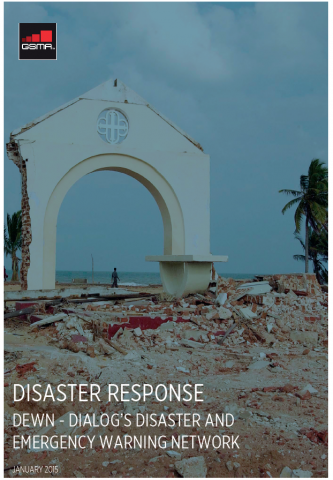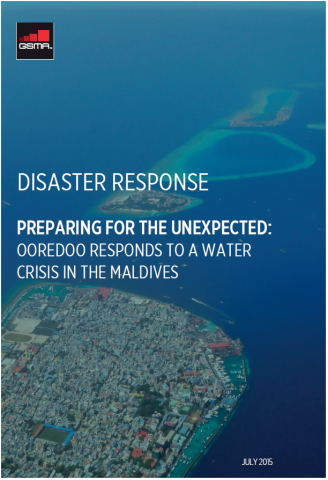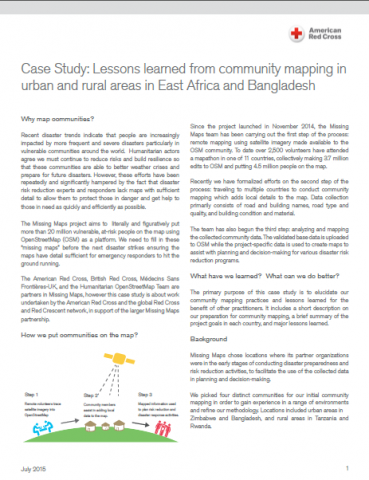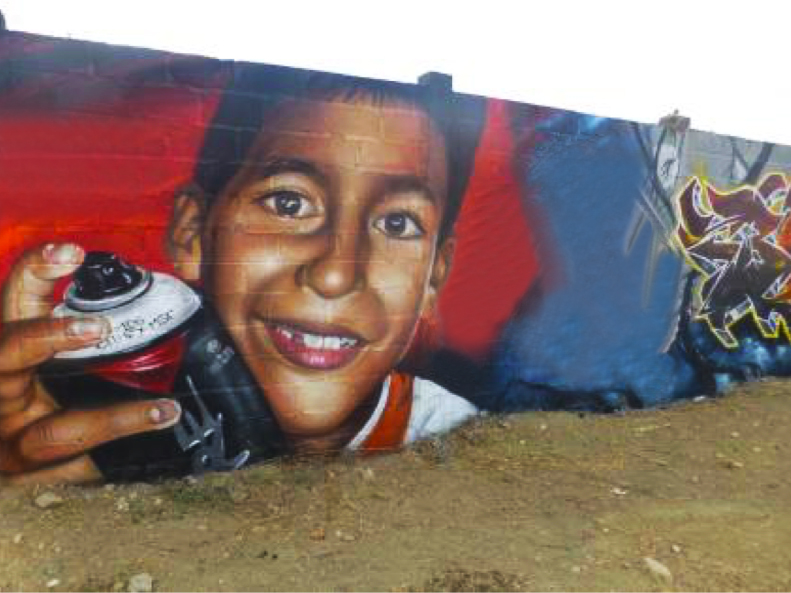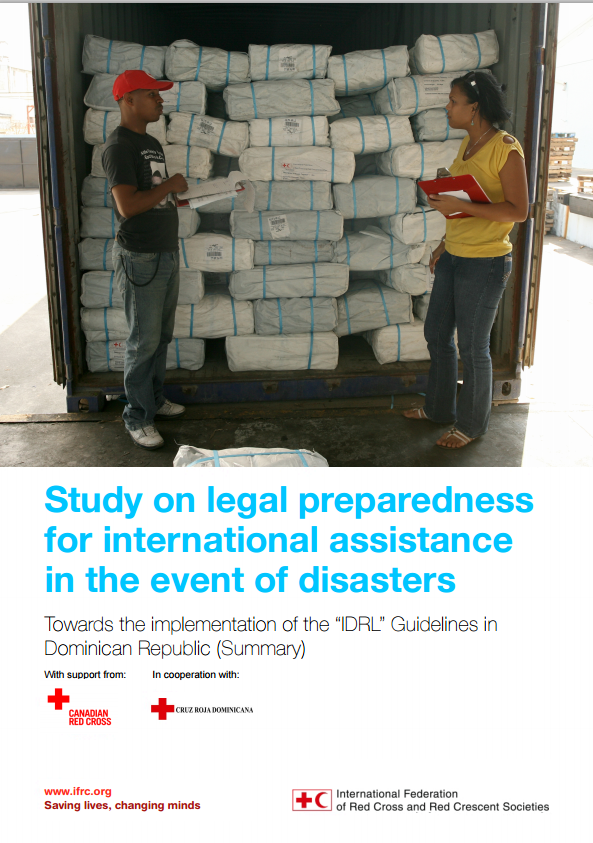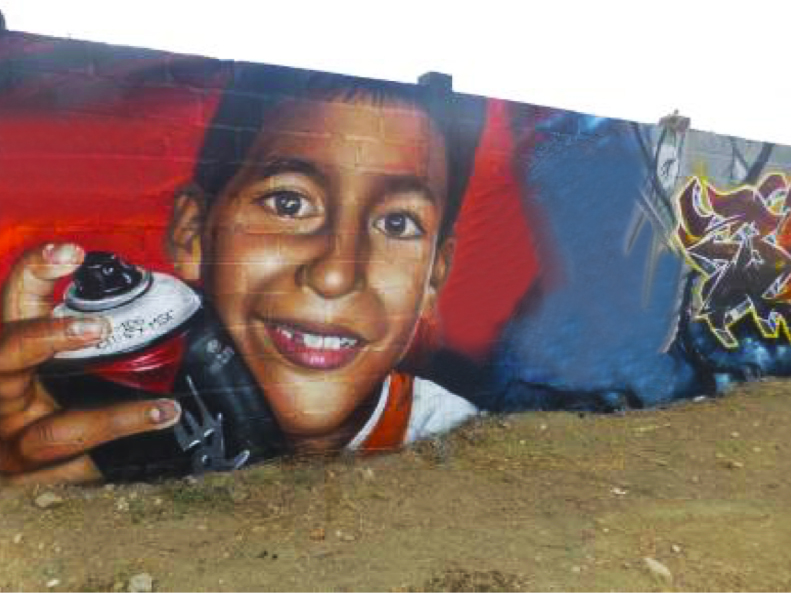Case Study Floods in Central Europe
Floods are the most costly disasters (EEA 2010) in Europe. Although floods are quite common in many parts of Europe, they still pose a profound challenge to emergency and risk management agencies. This is particularly true in the large-scale river basins that run through different national (and regional) territories. This case study focuses on the […]
Case Study Floods in Central Europe Read More »

